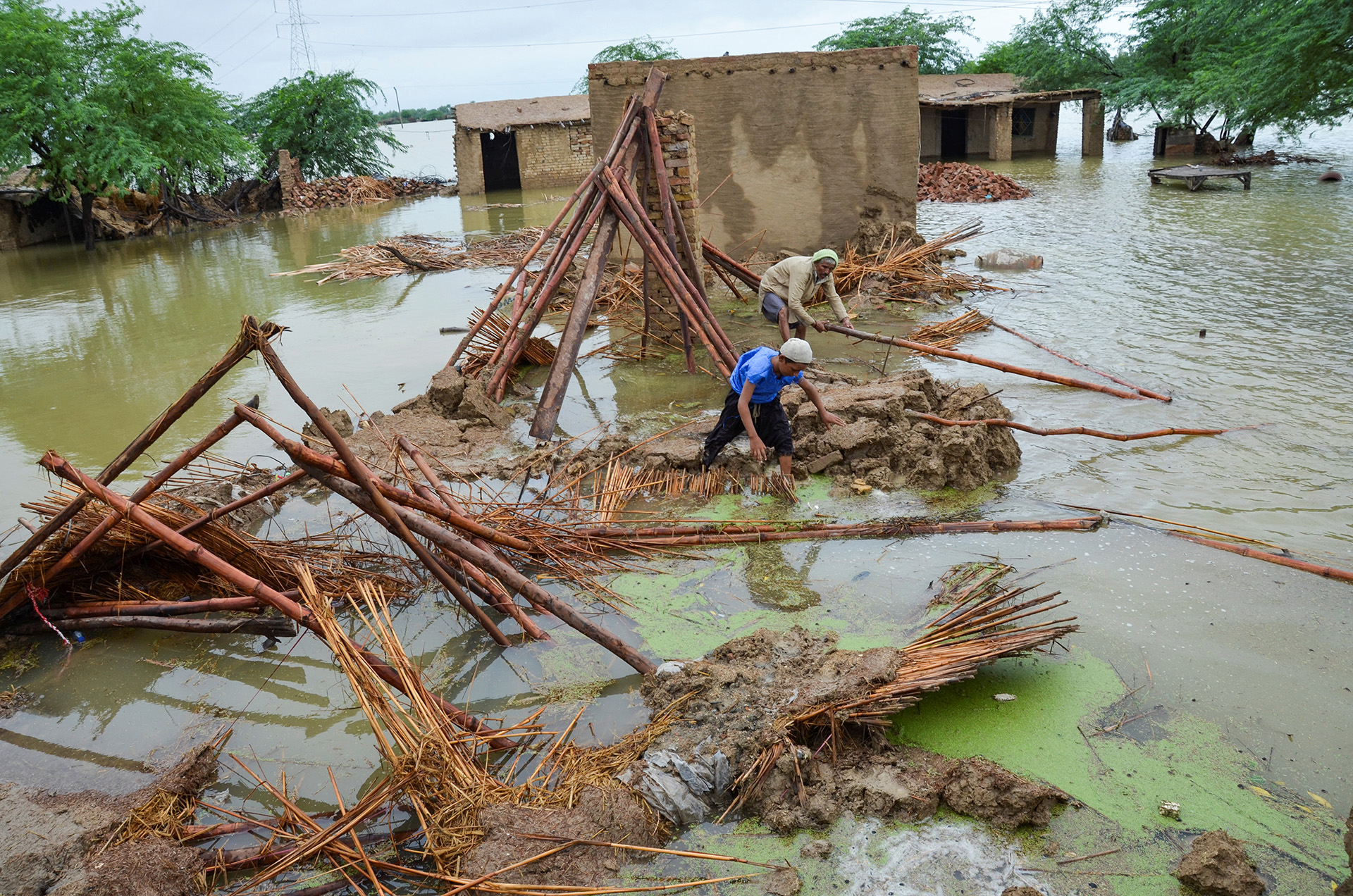
Climate Change and Roles in the Ministry of Environment
Introduction:
Climate change is one of the most pressing global issues of our time. It refers to long-term shifts in temperature and weather patterns caused by human activities, particularly the burning of fossil fuels and deforestation. The impacts of climate change are already being felt across the globe, from rising sea levels and extreme weather events to disruptions in agriculture and ecosystems. In order to address these challenges and mitigate the effects of climate change, governments play a crucial role. This essay will explore the roles of various departments within the Ministry of Environment in tackling climate change, specifically focusing on policy development, implementation, monitoring, and international cooperation.
Policy Development:
One of the primary mandates of the Ministry of Environment is to develop policies and strategies for addressing climate change at the national level. This involves conducting research, consulting with experts, and considering the social, economic, and environmental implications of various policy options. Policies are typically aimed at reducing greenhouse gas emissions, promoting renewable energy, and adapting to the impacts of climate change. They may include measures such as carbon pricing, energy efficiency standards, and support for renewable energy technologies.
The Ministry of Environment works closely with other government departments and stakeholders to ensure a coordinated approach to climate change policy development. This may involve collaboration with the Ministry of Energy to develop renewable energy targets and incentives, or with the Ministry of Agriculture to promote climate-smart farming practices. The ministry also engages with non-governmental organizations, industry associations, and research institutions to gather input and build partnerships. Through this collaborative approach, policies can be tailored to the specific needs and priorities of the country.
Policy Implementation:
Once climate change policies have been developed, the Ministry of Environment is responsible for their implementation. This involves setting regulatory frameworks, providing guidance to other government departments, and monitoring compliance. The ministry works with relevant agencies to develop and enforce regulations related to emissions reductions, energy efficiency, and land use planning. For example, it may establish emissions standards for vehicles or buildings, and require companies to report their greenhouse gas emissions.

In addition to regulatory measures, the ministry also supports the implementation of voluntary initiatives and programs. These may include grants, tax incentives, and capacity-building activities to encourage businesses and individuals to adopt sustainable practices. The ministry can provide funding and technical expertise to support the development of renewable energy projects, energy-efficient buildings, and sustainable transportation systems.
Policy Monitoring:
Monitoring the impacts of climate change policies is an essential function of the Ministry of Environment. This involves tracking key indicators, such as greenhouse gas emissions, temperature changes, and sea-level rise, to assess the effectiveness of policy measures. The ministry collects data from various sources, including government agencies, research institutions, and international organizations, and analyzes it to identify trends and evaluate progress towards climate targets.
Monitoring also includes evaluating the social and economic impacts of climate change policies. This may involve analyzing job creation, investment flows, and cost savings associated with renewable energy deployment, as well as assessing the vulnerability of different sectors and communities to climate-related risks. The ministry uses this information to make informed decisions, adjust policies as needed, and communicate progress to the public and other stakeholders.
International Cooperation:
International cooperation is crucial for addressing climate change, as carbon emissions and their impacts do not respect national borders. The Ministry of Environment plays a key role in representing the country’s interests in international climate negotiations and fostering collaboration with other nations. This involves participating in conferences and meetings under the United Nations Framework Convention on Climate Change and supporting the implementation of international agreements, such as the Paris Agreement.

The ministry works with other government departments, such as the Ministry of Foreign Affairs, to develop the country’s position on key climate issues and negotiate agreements. It also engages with international organizations, such as the United Nations Environment Programme and the World Bank, to access funding and technical assistance for climate change projects.
Conclusion:
Climate change is a complex and multifaceted issue that requires coordinated action from government departments and stakeholders. The Ministry of Environment plays a critical role in developing and implementing policies, monitoring their impacts, and fostering international cooperation. By fulfilling these roles effectively, the ministry can contribute to the global effort to mitigate and adapt to climate change, ensuring a sustainable and resilient future for all.
All Categories
- Agricultural Methods
- Agriculture and Women Small Farmers Rights Awareness
- Climate Change
- Disable and Human Rights
- Disable Jobs
- Donation
- Education
- Health Issues
- Organic Foods
- Organic Vegetables
- Orphans Children
- Plastic production and disposal
- Services
- Sinking in Scarcity
- Success Stories
- Uncategorized
- Waste Management
- Women Rights
- Youth Empowerment




